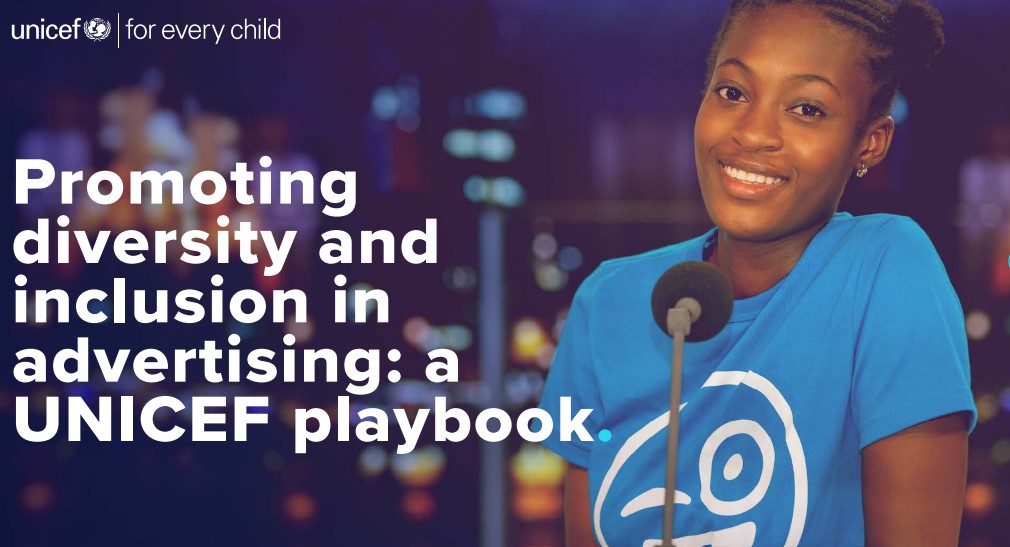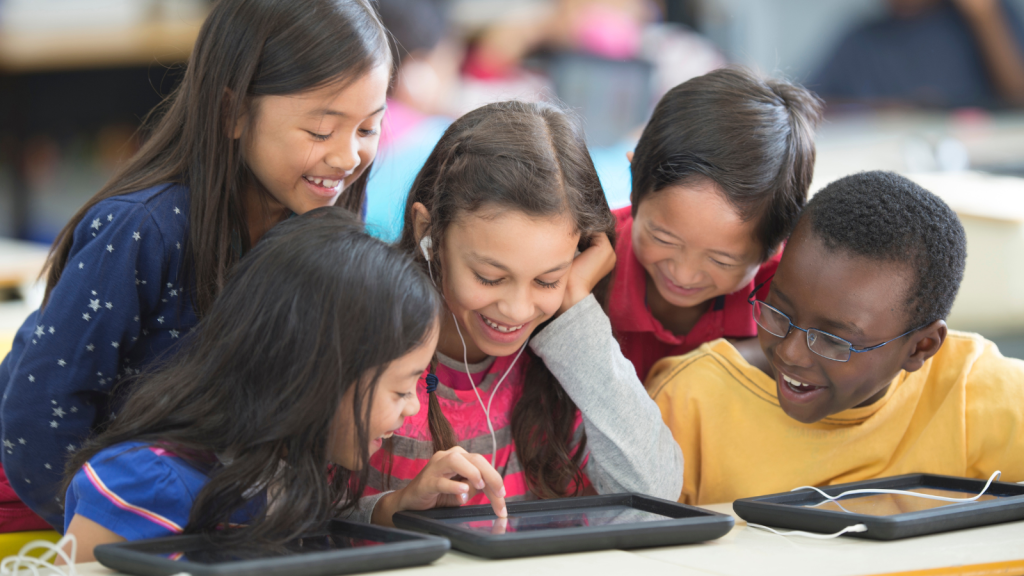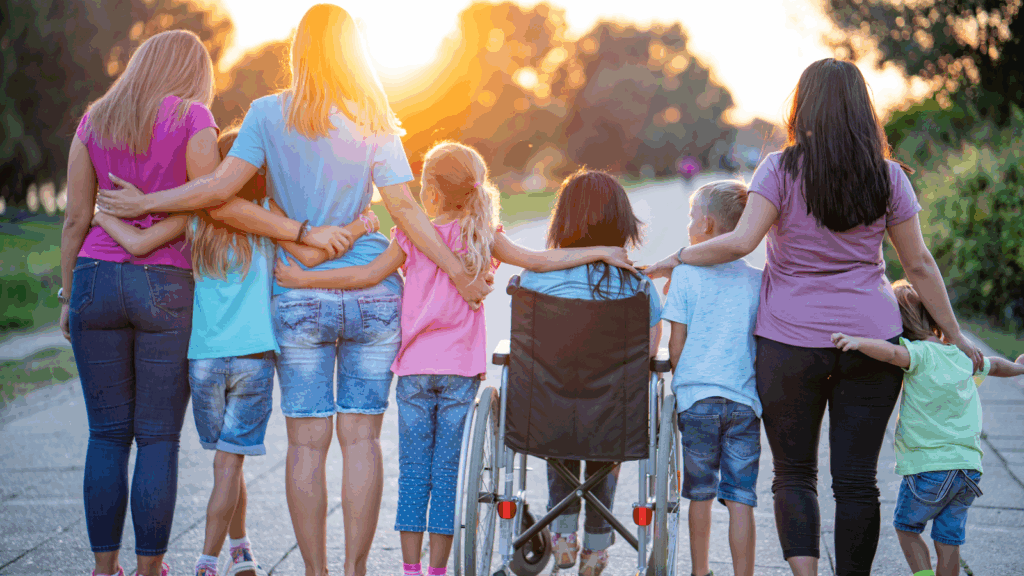The toys children play with have a powerful impact on the way they perceive the world. Presenting positive portrayals of children in all their diversity is crucial: toy companies should take a transformative approach to ensure their toys and associating marketing are diverse.
Children learn about roles, identities and behaviours from a very young age and play is crucial to how children develop and learn about the world. The toys they play with are key agents of socialization and particularly powerful drivers to change perceptions. Toys that have positive messages let children see the diversity of the world reflected in their world of play and enable them to believe in their ability to achieve their full potential, unconstrained by harmful stereotypes. In today’s interconnected and online world, leading brands and characters exist physically but are also present in gaming, in e-books, TV and streaming. Diversity and inclusion in marketing messages and content created for children can have a significant impact on the socialization of children and youth.
Recent research finds parents encourage sons to engage in activities that are related to Science, Technology, Engineering and Maths (STEM), physicality, and activities that engage exploration and curiosity, while daughters more likely to be encouraged to engage in activities that are performative, artistic, and domestic or related to the dramatic arts.[1] Doll play encourages empathy and social skills, but boys are not as likely as girls to be given these toys.[2] On the other hand, building blocks and transport-inspired toys that promote cognitive-motor skills are more targeted towards boys. Children with disabilities and children from non-dominant cultures often find it difficult to find toys that represent them at all.
Discriminatory stereotypes around gender, disability, ethnicity, age and family structures have a profound impact on the lives of children everywhere and limit the possibilities for children to achieve their potential. Barriers are often exacerbated due to the intersection of these issues. Harmful stereotypes around gender norms can lead to fewer girls participating in STEM subjects through school and university, or the loss of self-confidence affecting their self-confidence and health while for boys, harmful masculinities and a reluctance to show emotions perceived as feminine can lead to higher levels of risky behaviour and gender-based violence. Negative stereotypes around race and culture can contribute to lower educational and health outcomes, while children with disabilities are often simply ignored in terms of accessibility or representation in marketing communication. Diversity in families is also generally absent in the design, advertising, and marketing of toys and other products targeted to children
While there has been a great deal of positive movement by toy companies, particularly around reducing gender stereotypes, there is still an enormous amount of work to be done to make toys truly representative. For too many companies, diversity issues are not fully integrated: one toy line may focus on diversity, while others have regressive messages, a lack of representativity or rely heavily on gender-stereotyped marketing. Engaging business to promote positive representation through the marketing and advertising of products and content designed for children is a vital part of achieving equality and inclusion.
UNICEF, as the organisation mandated to uphold the rights of all children, has been working to drive change in this area. Recently, developed in collaboration with the LEGO Group, UNICEF released a playbook Promoting diversity and inclusion in advertising to raise awareness of the issues in terms of the impact stereotyping has on children and to offer companies working in this area some tools for effecting change. We have developed a 3-step model for use by companies to assess whether their marketing practices are discriminatory, aware of the issue and looking to implement change, or transformative, tackling the structural barriers across societies impeding equal outcomes.
For UNICEF, it is not enough to simply address the worst examples found in products, marketing and advertising targeted towards children. We would like companies to adopt a transformative approach and help dismantle barriers within the company and the socio-economic ecosystem that impacts diversity – from business strategy and creative policies to the end product and marketing. We also want companies to portray children in all their diversity to contribute to the construction of positive and equal social norms to support non-discrimination. Through progressive and empowered characters and representation, we can jointly create a positive influence on children’s outcomes everywhere.
[1] https://seejane.org/research-informs-empowers/lego-creativity-study/
[2] https://www.insider.com/playing-with-dolls-teaches-children-empathy-and-social-skills-2020-10
About the author:
Emer O’Doherty works with UNICEF’s Gender Equality team as a Gender and Marketing consultant. Emer has worked for more than 15 years with UN Agencies as an insight specialist driving private sector engagement and has also worked with private sector market research agencies. She is one of the authors of UNICEF’s recent Diversity and Inclusion playbook.
**DISCLAIMER: All opinions in this article reflect the views of the author, not of COFACE Families Europe**




